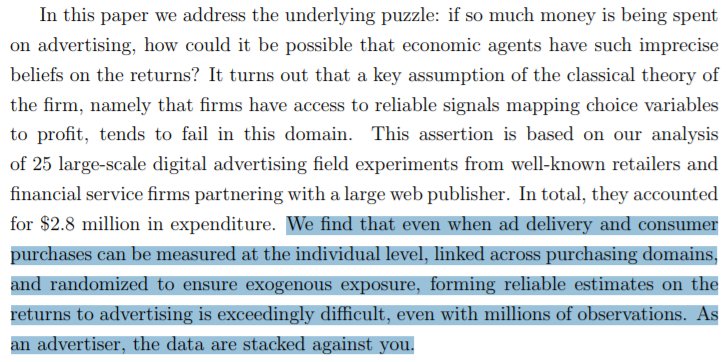"Human ingenuity cannot concoct a cipher which human ingenuity cannot resolve." — Edgar Allan Poe (who was an amateur cryptographer!)
When I'm invited to teach high schoolers about crypto, I love showing how to break this cipher. Takes under 5 minutes to explain & demonstrate!






